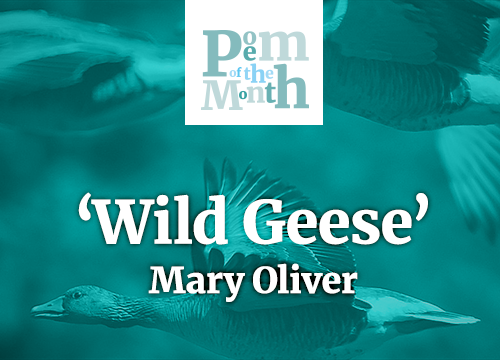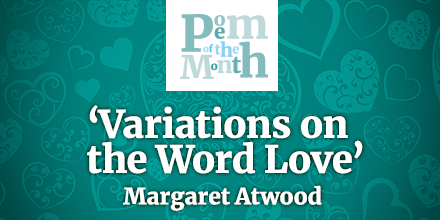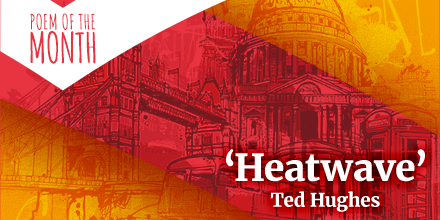I shut my eyes and all the world drops dead;
Sylvia Plath, Mademoiselle Magazine August Issue, 1953
I lift my lids and all is born again.
(I think I made you up inside my head.)
The stars go waltzing out in blue and red,
And arbitrary blackness gallops in:
I shut my eyes and all the world drops dead.
I dreamed that you bewitched me into bed
And sung me moon-struck, kissed me quite insane.
(I think I made you up inside my head.)
God topples from the sky, hell’s fires fade:
Exit seraphim and Satan’s men:
I shut my eyes and all the world drops dead.
I fancied you’d return the way you said,
But I grow old and I forget your name.
(I think I made you up inside my head.)
I should have loved a thunderbird instead;
At least when spring comes they roar back again.
I shut my eyes and all the world drops dead.
(I think I made you up inside my head.)”

Arbitrary Blackness
Mad Girl’s Love Song is a villanelle; A villanelle is a poetic form consisting of nineteen lines: five tercets and a final quantrain. The memorable rhythm of a villanelle is created by its ‘refrain’. This is the first and third line of the opening stanza, which are alternatively repeated as the final line in each tercet, coming together as the final lines at the very end of the poem. The rhyme scheme is ABA x5 ABAA.
As with much of Sylvia Plath’s poetry, this poem is confessionalist. In this vein, it is safe to assume that the speaker represents Plath and her personal battle with depression. Many religious references throughout the poem create a lofty and almost dissociated sensation, further impacted by the repetition in the villanelle. Her own beliefs, stated in a feminist essay critiquing the role of religion in oppression is felt within the poem, showing a force seemingly outside of the speaker’s control. However, the refrain shifts the power back into the speaker’s hands, as they ‘shut [their] eyes and all the world drops dead’, implying that the greatest powers and challenges are not external forces, but within the mind.
“Is there no way out of the mind?”
Sylvia Plath was an American poet and novelist, best known for her advancement of Confessionalist poetry as a genre through her collections, Colossus and Other Poems, 1960, and Ariel, 1965. Her only novel, The Bell Jar, is a semi-autobiographical coming-of-age story which illustrates a young woman finding her way through the world of fashion writing while battling with demons from her past, love and relationships, and recurring bouts of severe mental illness.
Plath moved to England in 1959 with her husband and renown author and poet, Ted Hughes. Their relationship was tumultuous and holds a lot of speculation from supporters and critiques of each writer. Plath underwent several kinds of controversial mental illness treatment throughout her life including multiple episodes of electro-convulsive therapy. She continued to write until she tragically ended her own life at her home in Primrose Hill, London in February 1963.
What do you think of this poem? Have you read any of Sylvia Plath’s works? Let us know in the comments below.




1 Comment
The first time I have read anything on this author and a sad poem and a sad ending to her life of writing. Leaves you wandering what more could of been done to help her. Her writing can still be a blessing to many though.